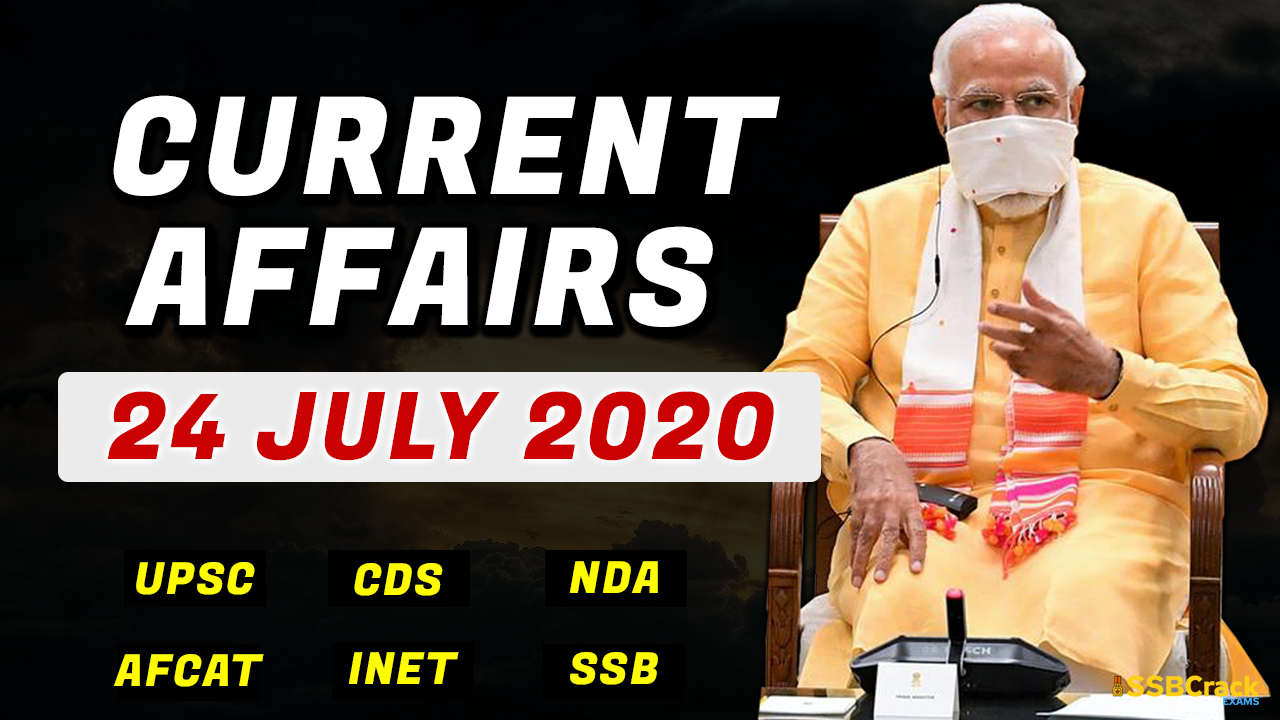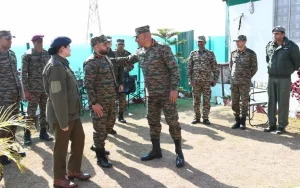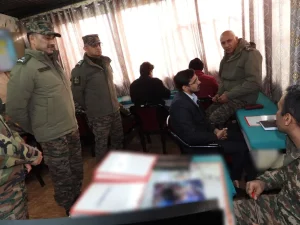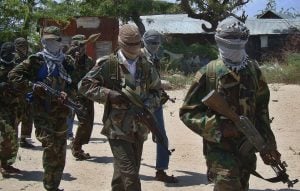What is Enhanced Access and Service Excellence?
- PSB Reforms EASE Agenda is a common reform agenda for PSBs aimed at institutionalizing clean and smart banking.
- It was launched in January 2018.
- The subsequent edition of the program ― EASE 2.0 built on the foundation laid in EASE 1.0 and furthered the progress on reforms.
- Ease 3.0 was launched in Feb. for tech-enabled banking.
- The government aims to focus on digitalization in the Public Sector Banks (PSBs) among themes that include responsible banking, PSBs as Udyami Mitra, customer responsiveness, credit take-off, and deep financial inclusions.
- EASE 3.0 reforms agenda include facilities like:
- Palm Banking for “End-to-end digital delivery of financial service”.
- “Banking on Go” via EASE banking outlets at frequently visited spots like malls, stations, complexes, and campuses.
- In EASE 2.0, the government had proposed pushing liquidity in the public sector banks, reconstituting the management committee and possible mergers among the ideal partners in the Indian banking sector.
Water Supply project in Manipur
- Prime Minister laid the foundation stone for the water supply project in Manipur today through a video conference.
- To provide water connection to all the households in the state.
- This will come under Jal Jeevan Mission
- The main objective of the project is to provide freshwater household tap connections to around 2.80 lakh households in the state, that are outside the ambit of the JJM by the central government.
- It is being implemented at a cost of Rs 3000 Crore and would reduce the water problems of the state and would be especially providing a huge relief to the women of the State.
- As part of the Jal Jeevan Mission, the central government is founding the tap connections and which is funded by the New Development Bank, this project is covering Greater Imphal Planning Area, 25 towns and 1731 rural habitations in 16 districts of Manipur.
- As part of the Jal Jeevan Mission, the central government is founding the tap connections and which is funded by the New Development Bank, this project is covering Greater Imphal Planning Area, 25 towns and 1731 rural habitations in 16 districts of Manipur.
Country of origin on products mandatory for e-commerce platforms
- The Central government has told (via an affidavit) the Delhi High Court that all e-commerce entities must ensure the mandatory declaration of ‘country of origin’ of imported products sold on their site.
- There is a provision for declaring the country of origin on e-commerce sites under the Legal Metrology (Packaged Commodities) Rules, 2011.
- The Consumer Protection Act 2019 also mandates to display the ‘country of origin’ by the e-commerce entities.
- Issues –
- ‘Marketplace-based’ e-commerce model
- Data field is filled by seller.
- In many cases, finished goods sourced from different countries are packed together or assembled in a third country, prior to their shipment into India.
N95 masks
- ‘As per Govt. – N95 masks with valved respirators do not prevent the virus from spreading out and are “detrimental” to the measures adopted for its containment.
- Also, in May, the San Francisco Department of Public Health had warned of the inappropriate usage of N95 masks.
- What are N95 masks?
- Mostly worn by healthcare workers and are known to offer the highest level of protection against airborne infections
- N95 masks filter about 95 per cent of particles smaller than 300 nanometres.
- SARS-CoV-2, the virus that causes Covid-19, however, is in the size range of 65-125 nm.
- Function of the valve
- Basically, filters the air inhaled by the person and blocks the entry of pathogens suspended in the air.
- The valves allow easier exhalation than traditional masks, prevent humidity, reduce heat and carbon dioxide build-up inside the mask.
- It is ‘one-way valve’ that only protects the person wearing it and doesn’t filter the aerosols coming out.
- Hence, an asymptomatic carrier of the novel coronavirus can easily spread the infection to others when the valve releases the unfiltered exhaled air in the immediate surroundings. Thus, in a closed area, people around the carrier have a higher risk of potential exposure to the virus.
Turkmenistan got Observer Status in World Trade Organization
- Turkmenistan became the 25th country who was granted observer status in the World Trade Organization (WTO).
- Turkmenistan also became the last former Soviet republic to establish formal ties with the trade body.
- India also supported Turkmenistan as an observer of WTO.
- Turkmenistan, a Central Asian country filed a request for observer status in May, 2020.
- World Trade Organization (WTO):
- 164 countries and 25 Observer nations
- HQ – Geneva, Switzerland.
United Nations General Assembly to go virtual for the first time
- First time in its 75-year history.
- Pre recorded statements of world leaders are to be aired and that will be played out at the UNGA sessions.
- Each country has been allotted 15 minutes during a session.
- Major events –
- Bio-diversity summit
- Fourth World Conference on Women
- International Day for the Total Elimination of Nuclear Weapons.
- Climate Week
Current COVID19 Situation in India

QUIZ TIME
Tap connection under Jal Jeevan Mission are funded by?
- World Bank
- New Development Bank
- ADB
- IMF
Answer – B
Which of the following country is last former Soviet republic to establish formal ties with the trade body?
- Lithuania
- Kazakhstan
- Turkmenistan
- Russia
Answer – C
Where is the headquarter of World Trade Organization?
- Paris
- New York
- Washington DC
- Geneva
Answer – D
The size range of SARS-CoV-2 virus :
- 65-125 nm
- 0 – 25 nm
- 25 – 50 nm
- 100 – 200 nm
Answer – A
Question of the Day
Where does Dibru Saikhowa National Park located?
Answer in next session…

















